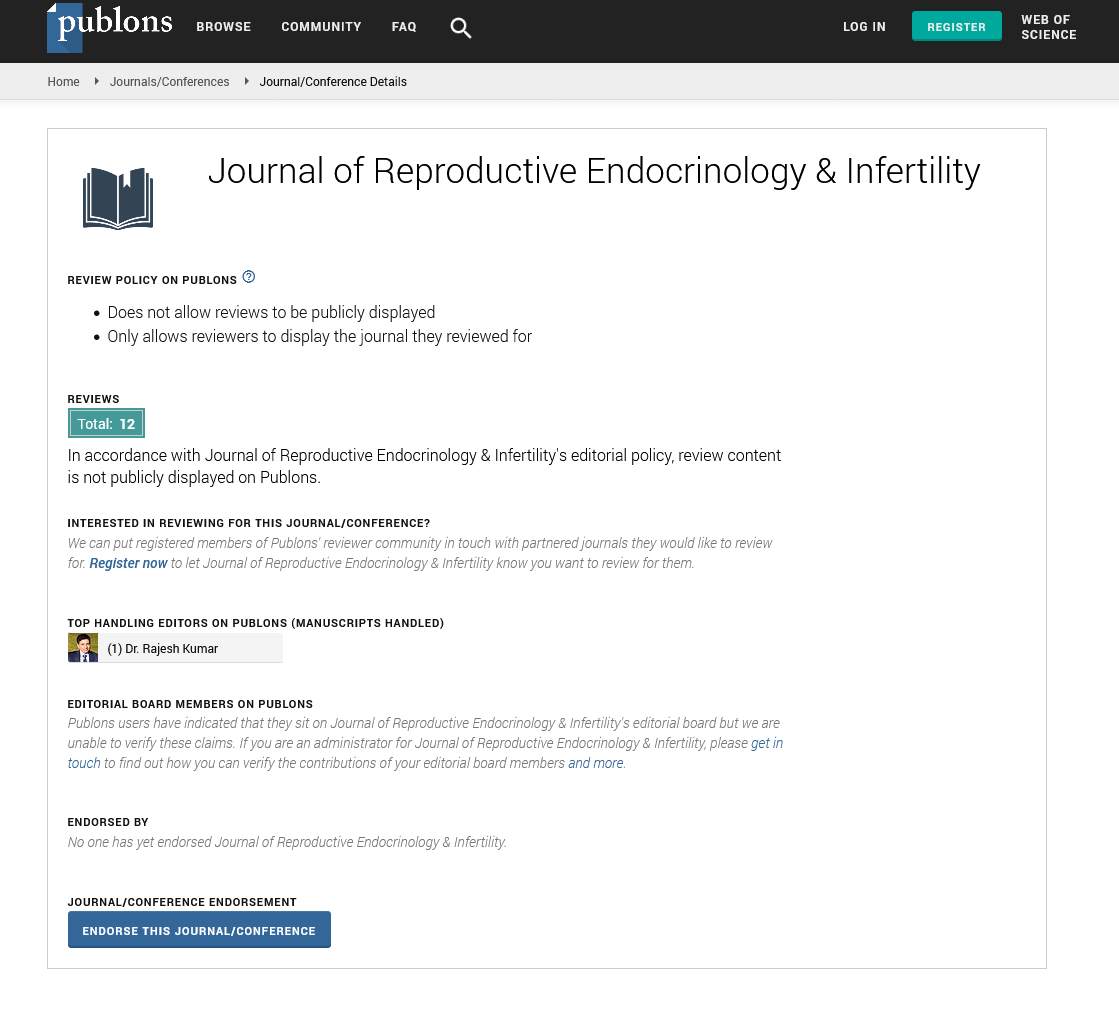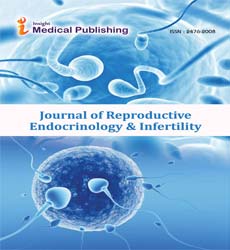Abstract
Infertility Ministries in the United States: A Survey of Existing ProgramsÃÆâÃâââ¬Ãââ⢠Availability and Services Scope
Coping with infertility poses physical, financial, and emotional challenges for individuals and couples. The discomfort due to the treatment protocol, the expense associated with the treatment, and the stress and anxiety associated with the uncertainty or unfortunate circumstances when the treatment doesn’t work is overwhelming. The power of prayer and the support provided by being a part of a church ministry are both promising avenues to helping couples through the difficult journey of infertility. Methods and Findings: To better understand the availability, accessibility, and details of Christian infertility ministries across the nation, a Google search was conducted to identify the churches in each state with an infertility ministry. One hundred and fifty-four churches across all 50 states were identified as having a prospective infertility ministry. All identified ministries were sent a 13-question open and closed ended survey. Forty-one survey responses were received. Of those, 43.9% (18) of respondents had an active ministry while 39% (16) reported they did not have an active infertility ministry. Demographic data collected provides insight into available, active faith-based Christian infertility programs including: size of the ministries, the frequency of meetings, details on the type of support and resources provided, as well as how infertility was projected, addressed and supported in a Christian environment. Conclusions: Results of the present study indicate a need to increase the number and availability of Christian infertility ministries. To fill this gap, researchers seek to develop a train-the-trainer program and provide it to churches as a free resource to help service either an existing ministry or assist churches with building a new ministry.
Author(s):
Butcher M* and Hammond CTC
Abstract | Full-Text | PDF
Share this

Google scholar citation report
Citations : 43
Journal of Reproductive Endocrinology & Infertility peer review process verified at publons
Abstracted/Indexed in
- Google Scholar
- Sherpa Romeo
- China National Knowledge Infrastructure (CNKI)
- Publons
- International Committee of Medical Journal Editors (ICMJE)
- Secret Search Engine Labs
Open Access Journals
- Aquaculture & Veterinary Science
- Chemistry & Chemical Sciences
- Clinical Sciences
- Engineering
- General Science
- Genetics & Molecular Biology
- Health Care & Nursing
- Immunology & Microbiology
- Materials Science
- Mathematics & Physics
- Medical Sciences
- Neurology & Psychiatry
- Oncology & Cancer Science
- Pharmaceutical Sciences


